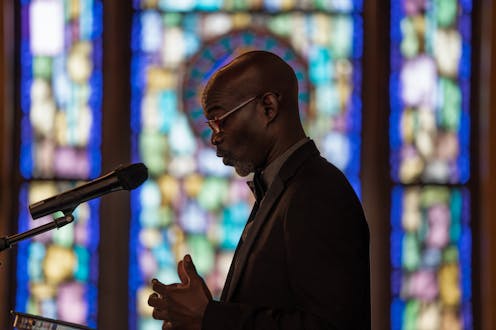Clergy, chaplains and other spiritual leaders play vital roles in their communities , from celebrating life’s most joyous moments to offering comfort and guidance in the face of tragedy. However, the personal toll of this work on spiritual leaders can be immense, including burnout, trauma and health challenges – and often goes unacknowledged. There is growing attention to the stresses clergy have experienced amid the COVID-19 pandemic and increasing polarization.
Chaplains, too, faced significant strain in their pivotal but often invisible role within health care. There is concern over a potential “great resignation ,” with more than a third of U.S.

pastors thinking about quitting. But this is not a new problem. Research shows significant mental health and occupational risks for spiritual leaders long before the pandemic.
We are both psychology researchers who provide psychotherapy to spiritual leaders , teach seminarians and study their experiences. The experiences of clergy and chaplains who work in health care, education and other community settings are diverse, and some of them are thriving . But for those who are struggling, several key risks stand out.
First, a sense of “calling” to a vocation, which is often central to spiritual leaders’ identities, can be a double-edged sword. Deep commitment to the meaning and moral duty of one’s work can lead people in many careers to sacrifice pay and personal time. Research among spiritual leaders highlights how ch.























